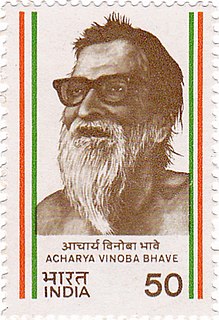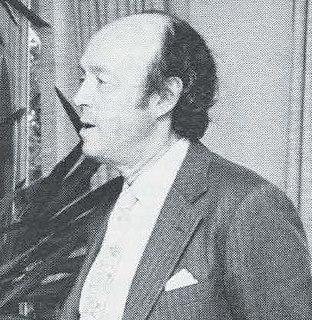A Quote by Paracelsus
It is said that a wise man rules over the stars, but this does not mean that he rules over the influences which come from the stars in the sky. It means that he rules over the powers which exist in his own constitution.
Related Quotes
You get the idea. Every business, like a painting, operates according to its own rules. There are many ways to run a successful company. What works once may never work again. What everyone tells you never to do may just work, once. There are no rules. You don't learn to walk by following rules. You learn by doing, and by falling over, and it's because you fall over that you learn to save yourself from falling over. It's the greatest thrill in the world and it runs away screaming at the first sight of bullet points.
It is paltry philosophy if in the old-fashioned way one lays down rules and principles in total disregard of moral values . As soon as these appear one regards them as exceptions, which gives them a certain scientific status, and thus makes them into rules. Or again one may appeal to genius , which is above all rules; which amounts to admitting that rules are not only made for idiots , but are idiotic in themselves.
These are party-sanctioned debates. This is a presidential election, you show up at the debates. These are the rules. We have a series of unwritten rules of how campaigns are run, and everybody has followed those rules consistently over the decades. And no one has really even seriously thought about breaking them.
The man who barely abstains from violating either the person, or the estate, or the reputation of his neighbours, has surely very little positive merit. He fulfils, however, all the rules of what is peculiarly called justice, and does every thing which his equals can with propriety force him to do, or which they can punish him for not doing. We may often fulfil all the rules of justice by sitting still and doing nothing.
Liberalism is that principle of political rights, according to which the public authority, in spite of being all-powerful, limits itself and attempts, even at ist own expense, to leave room in the state over which it rules for those to live who neither think nor feel as it does, that is to say as do the stronger, the majority.
There are comedic rules and formulae and, while these tenets should be respected, especially by a newcomer, perversely you can still succeed by openly contradicting them. Because comedy is about breaking the rules. Even its own rules. Though, as with many disciplines, it is wise to master the basics before you attempt to subvert them.





































